|
Last night I did a little mini training in Julia Hankins Well-Being at Home Group all about anger. It is so important that we remember that anger is usually a warning that there is something going on that is much deeper. Anger can be the first thing you see (and react to) but what is lying beneath?
Some other emotions often masked by anger are: disappointment, embarrassment, guilt, shame, rejection, nervous, worried, hurt, insecure. If you are seeing anger show up- either for yourself or for someone else, look a little deeper. What is really going on?
0 Comments
Tonight, in my group, I chatted about technology use and how to control it rather than it controlling you!
Here are some tips that you might like to try in your family: 1) Have boundaries that all of you stick to. These should be agreed by everyone in the family and if your children are old enough, they might even help to create them. This is a personal thing that will depend upon your family (and we are all different!). Here are some ideas to get you started: * Technology free after _____ O'Clock. * When the device is not in use have a 'home' for it rather than having it out habitually. * Meal times are technology free. 2) Be intentional- be aware of what you are consumning yourself. Do you have any groups or friends that make you feel negative or icky? Unfollow them! 3) Be respectful of each others use. If your child is playing on a game or watching a program, accept that they won't be able to just turn it off with no warning. Have an agreement with them- Either an amount of time left or when the game or programme is finishes. 4) Join their world. If a child is absorbed in a programme or a game, sit with them and be interested in it, they are more likely to transition out of it if they have that connection with you. 5) Take time each day to connect without technology, even if it is just 15 minutes, make it special. Simplifying life is something that I think that we could all do with a bit of, for our own mental health and that of the children in our lives too.
Here are my top tips- Say no more often! We are in the perfect position to consider what things we usually do as part of our everyday life and which of these things we REALLY want to do. It's easy to get into a habit of always doing the same things and, before you know it, we are super busy, rushing from one thing to another. At the moment (thanks to lockdown 2.0) we are being given the gift (although it may not feel like a gift!) of time to reflect. Is there anything that you or your family usually do that you aren't doing at the moment that you are relieved that you don't have to do? If so, it may be time to drop that thing. Have a 'sort'! I don't know about you, but I LOVE a good sort! It usually happens when I am struggling with feelings of anxiety- or if there is a full moon! It's also a good thing to encourage children to do and see the benefits of. So that it doesn't become overwhelming, choose just one area to start with. Sort things into a pile of; broken (to be recycled), no longer needed or used (to be gifted to charity) and things that are still loved. When the sorting is complete, notice how much more the children enjoy the space and actually play with the remainder. Side note- you may want to sort the kids things without them being there as they may find it hard to let go- you may also want to keep things for a while just in case something you perceive as not played with much is actually really important to them! Create rituals Make the everyday special with little rituals of things that you do. This makes you really appreciate the small things. Some examples from my own home- Friday night pizza and film night (I'm sure many of you do this) silly songs that accompany 'boring' tasks like going up the stairs, brushing the teeth. Having a special time each day where you are just in each others company without tech- give it a name, in our house it's 'calm time'. Special breakfasts at the weekend.... Plan 'nothing time' Make sure that each week (even each day) you have time where you plan to do nothing at all. Make it a priority, go with the mood of the moment, say yes to whatever crazy plan the kids want to do (within reason). Let go of your 'agenda' and go with the flow of the moment. If you know that this is what this time is for, it's easier to be flexible. Meal Plan I don't know how it is in other homes, but for us, meals can be a source of stress. Thinking about what to eat can be exhausting! We find it so much easier since we have a basic outline of what we will have. There is nothing special or fancy about it: Monday - pasta of some sort, Tuesday- rice of some sort, Wednesday- some sort of curry or thing in the slow cooker, Thursday- some sort of jacket potato, Friday- pizza, Saturday- something convenient that we can pop in the oven, Sunday - some sort of caserole slow cooker. This outline helps us to have something already in mind and for those weeks when we are in survival mode they can be really basic, but for the weeks when we are firing on all cylinders and feeling creative we can make them more complex. Be mindful about what you let in. This one is about news and information, do you automatically hear every news report on the radio? Are you drawn in by 'click bait' articles on facebook or google? What effect do these things have on your mental health? Do they make you increase your to do list or list of worries? This evening in my group, I talked about a way that we can control our worries and make pro-active choices about where we spend our energy.
The idea of 'Circle of Concern' and 'Circle of Influence' is Stephen Covey's. It is a really useful way of thinking about what we spend our time thinking about. The circle of concern are the things that we worry about but can't control. These may be things concerning other people, or our future. These things cause us stress. The things that lie within the circle of influence are matters that bother us, but we can actually take action to improve. Here are some examples: * Perhaps you worry about your child's reading, you can make a pledge to yourself and them to read with them everyday. * Maybe you are unhappy about a work situation that involves you, this is something that you could map out some ideas to solve. I believe that when we are aware of what things lie in our circle of influence and what things lie in the circle of concern, we are better equipped to know how to deal with them. This evening in my group Well-Being at Home, I talked about out three needs.
This idea comes from McClelland's Human Motivation Theory. The needs described in the theory are; achievement, affiliation and power. I think that this is really interesting to think about when we are looking at the emotions and behaviour of our children (and even ourselves). Say, for example, an older child is trying to help a younger child to do something and the younger one hits them. At first glance it can seem like the younger child is being mean when the older one was trying to help. It is likely that the younger child was motivated by the need to achieve- they wanted to be independent and do it themselves! Or maybe your child is shouting, being rough or giving some attitude after being at school or childcare- exploring deeper, it could be that they have a need for connection with you and don't know how to express this. Maybe your child is very controlling around food or clothing, it may appear that they are being "fussy" it could also be because they are feeling out of control in other areas of life and are wanting to control the things that they can. During these very uncertain times, we will all be struggling with these unmet needs: Lockdown rules will impact on how much connection we can have with loved ones, changes in rules make us feel out of control- we feel we have no power! We may also find it hard to achieve things that we want to because of the situation that we are in. Now is a good time to reflect on our own needs and those of our children. What is behind the behaviour or feeling? Is it a need for power? Connection? Achievement? Can you meet that need in some way? |
From Julia
Hello! Thanks for being here. If you would like to feel more confident and organised teaching yoga to children, why not sign up to my email list? Archives
March 2024
|

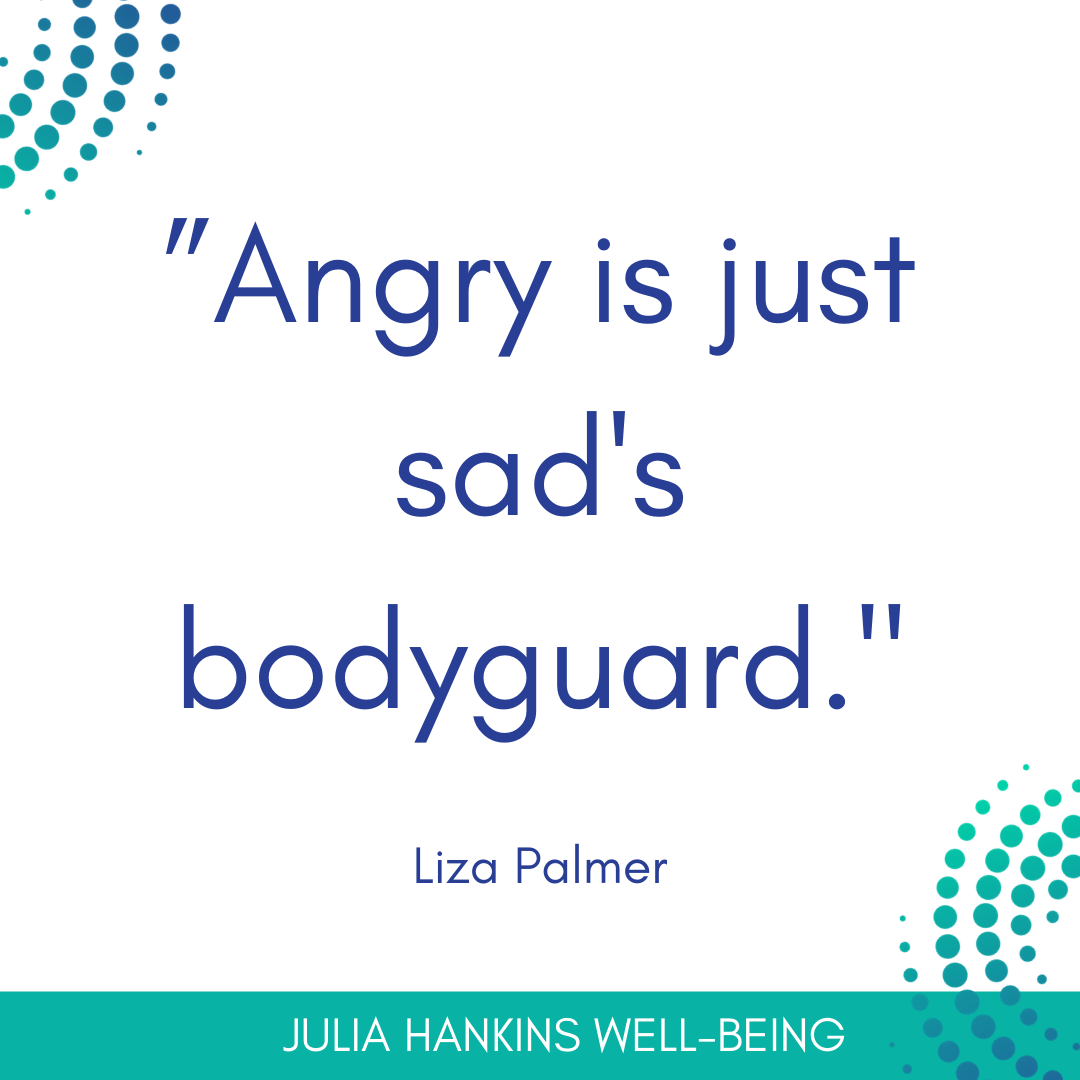
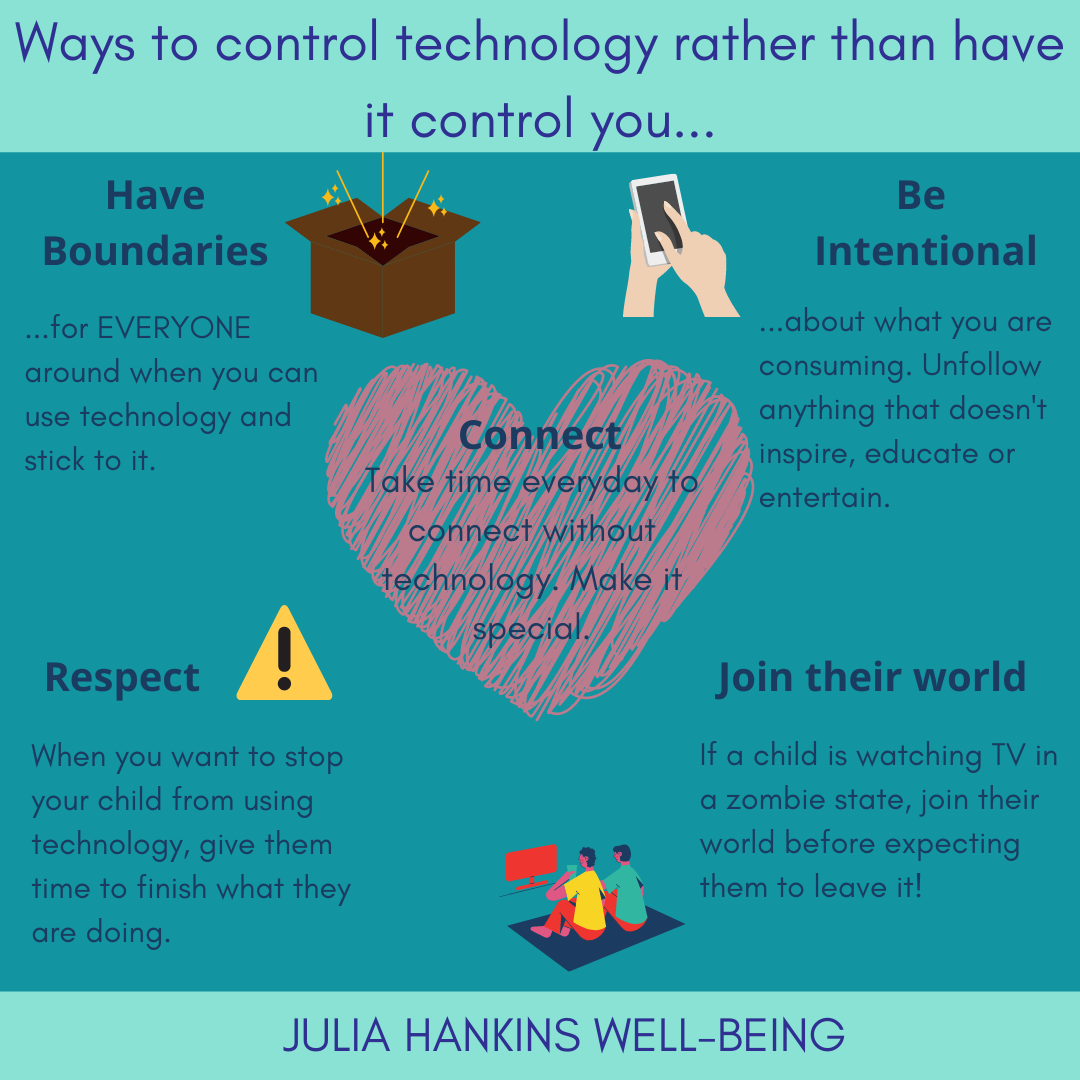
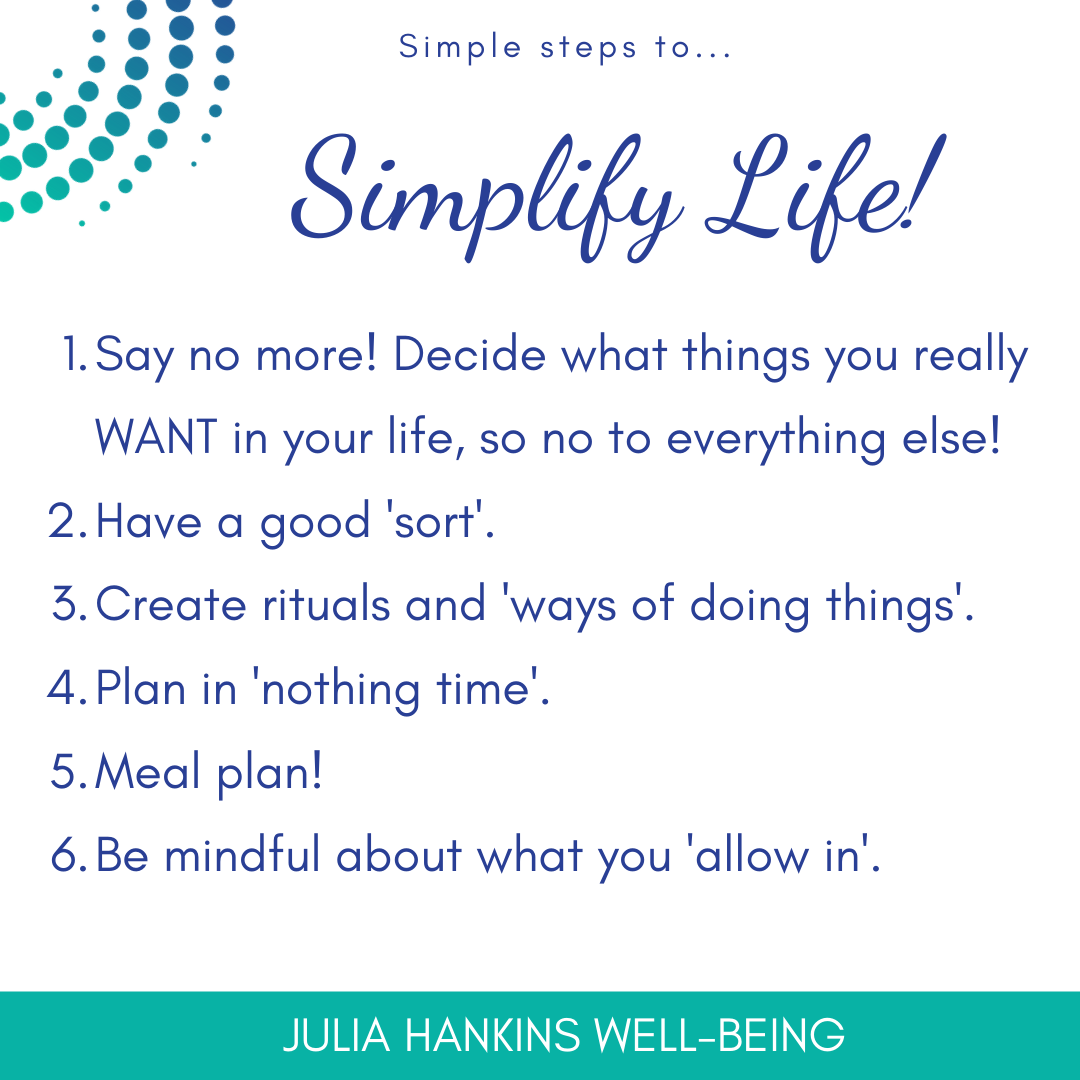
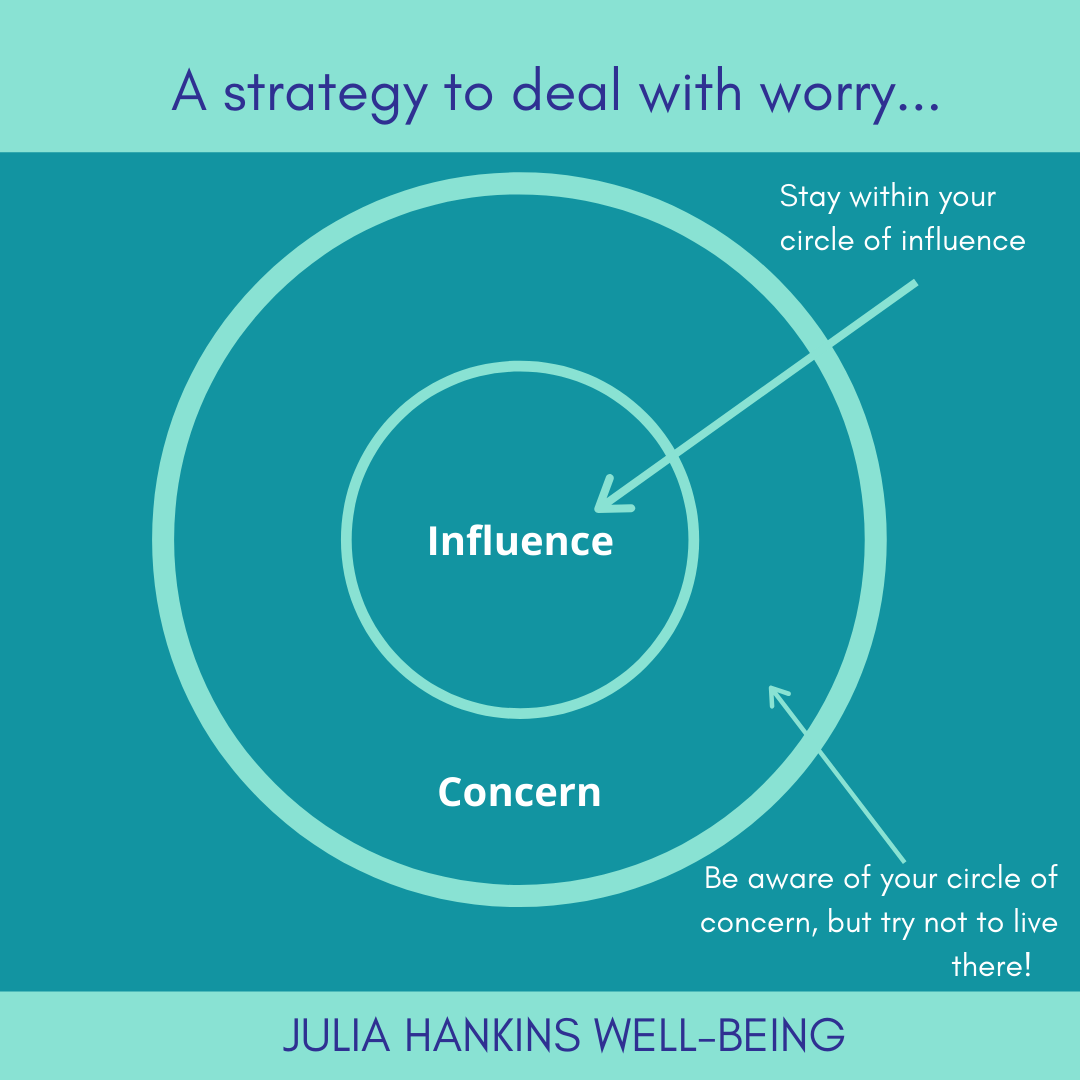
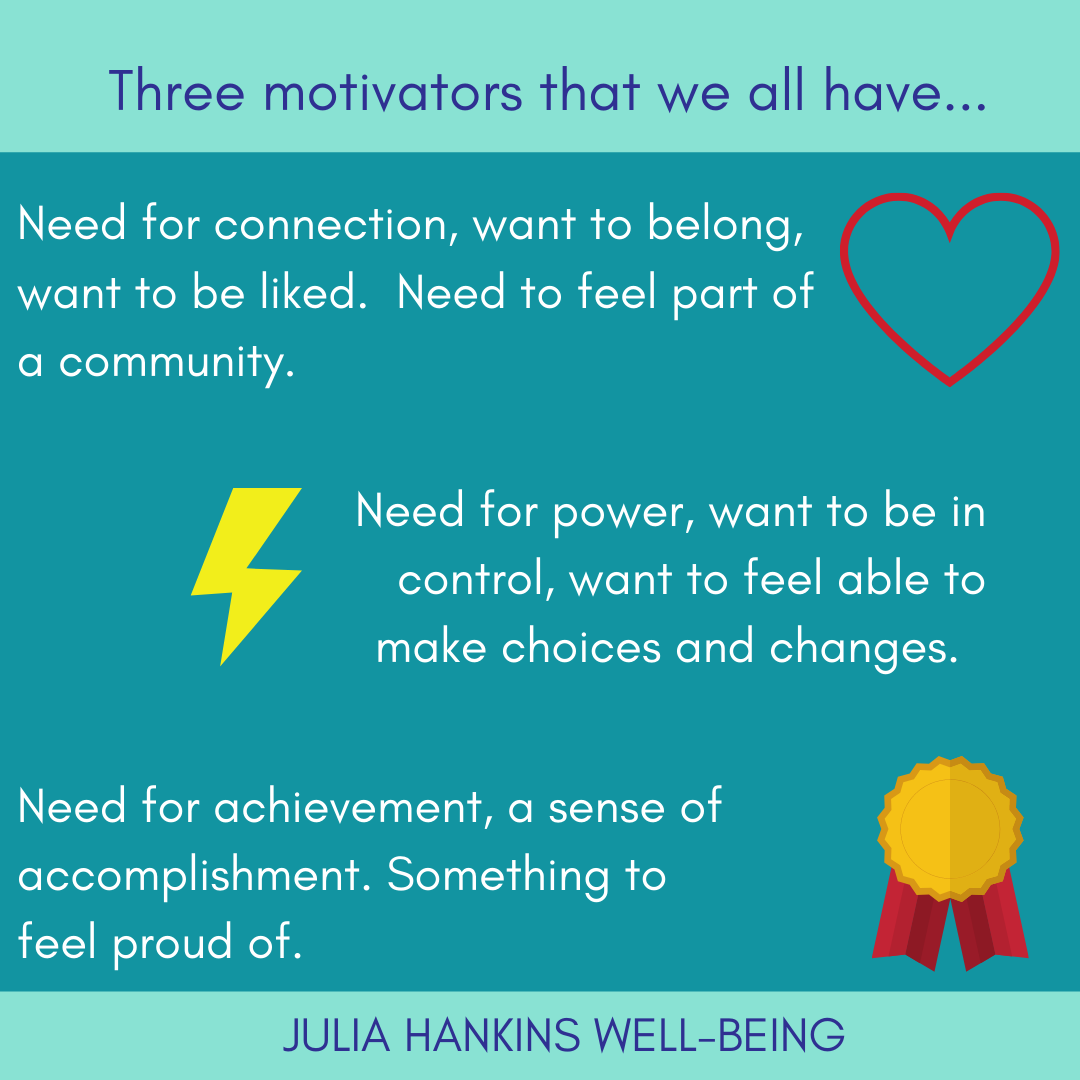
 RSS Feed
RSS Feed